A neo-Nazi group known as Blood Tribe marched through downtown Nashville on Feb. 17. The group wore red shirts and masks covering their faces as they carried flags with swastikas on them.
Blood Tribe is a white supremacist group which has held antisemitic and anti-LGBTQ demonstrations in Ohio, Wisconsin and Florida in the past year. The group was founded by Christopher Pohlhaus in 2020 and has chapters in the United States and Canada.
Vanderbilt’s chapter of Jewish Voice for Peace released a statement via Instagram shortly after the events, calling out the neo-Nazi group and claiming the march was meant to “instigate violence against marginalized groups.”
“We vehemently condemn the neo-Nazi demonstration, just as we condemn all manifestations of ethno-nationalism and fascism. We know that safety will only come through solidarity against all forms of bigotry, including antisemitism,” the JVP statement reads. “We stand with everyone affected by today’s demonstration.”
In Vanderbilt Hillel’s weekly newsletter of events, they announced daily support sessions and offered one-on-one meetings to the community in response to the march.
“The presence of this kind of hatred in our community is deeply distressing, and Hillel is here as always to provide a safe space for students to access support,” the message reads.
The Multicultural Leadership Council hosted a “Community and Comfort” event featuring snacks and games as a space to provide a “space for processing” following the march. MLC President Zack Maaieh, a junior, called out Chancellor Daniel Diermeier’s lack of response and his recent tweet promoting the university’s stance of principled neutrality.
“I’m angry that anyone can feel entitled enough to march in our city with such a disgusting message,” Maaieh said in a message to The Hustler. “More so, I am shocked that Vanderbilt and the Chancellor are so disconnected from what their communities are facing that they can stand by and fail to make any mention of something like this happening so close to our campus.”
Sociology professor Jonathan Metzl described the group’s actions as “embarrassing” to the city of Nashville.
“At any other time, those guys would be seen as a joke. At any other time, it would be a clear affront to American values,” Metzl said. “I still think there was something kind of pathetic about that demonstration, but we live in a highly charged moment where there’s a lot of extremism.”
Metzl said the climate of extremism makes the demonstration far more discouraging, volatile and dangerous than it would have been in some other time.
“I do hope we can come together as a city and community to say this is not who we are and these people aren’t welcome here,” Metzl said.
Professor of Jewish Studies Shaul Kelner specifically addressed the march in light of the conflict in the Middle East.
“It’s horrifying to see Nazis marching in Nashville just months after the worst slaughter of Jews since the Holocaust,” Kelner said.
Anthropology professor Sophie Bjork-James said groups like Blood Tribe have been increasingly focused on disrupting LGBTQ events in recent years.
“The march is a reminder of the ongoing presence of neo-Nazi and other far right movements in the United States,” Bjork-James said. “Such groups are experimenting with meeting in public to show their strength and to test what reactions they receive.”
Sam Schulman, a sophomore, labeled the group as “fascists,” saying that their ability to march in public exemplifies a “concerning time” for society. He called on Vanderbilt’s administration to respond through political advocacy.
“These people have no place in Nashville or on this earth, and we need to build community infrastructure to make sure that they are not welcomed here,” Schulman said. “I hope that the university will do more than say meaningless statements and, instead, use their power to lobby the state government to take a more firm stance against fascism.”
In an email to The Hustler, a university representative said the university’s resources are available for Vanderbilt community members who need support. The representative did not specify these resources.






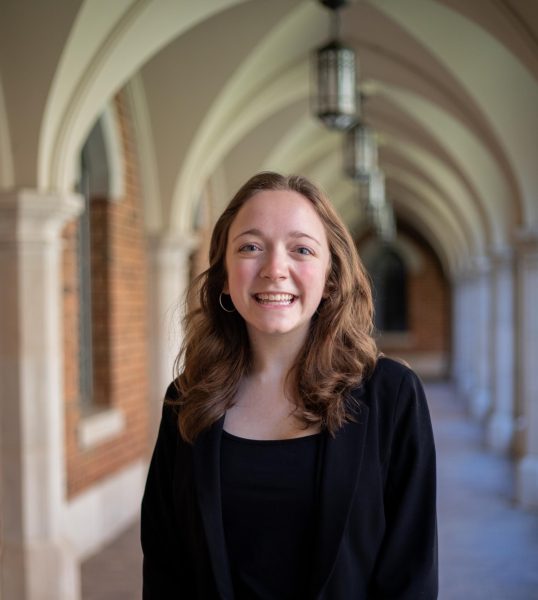

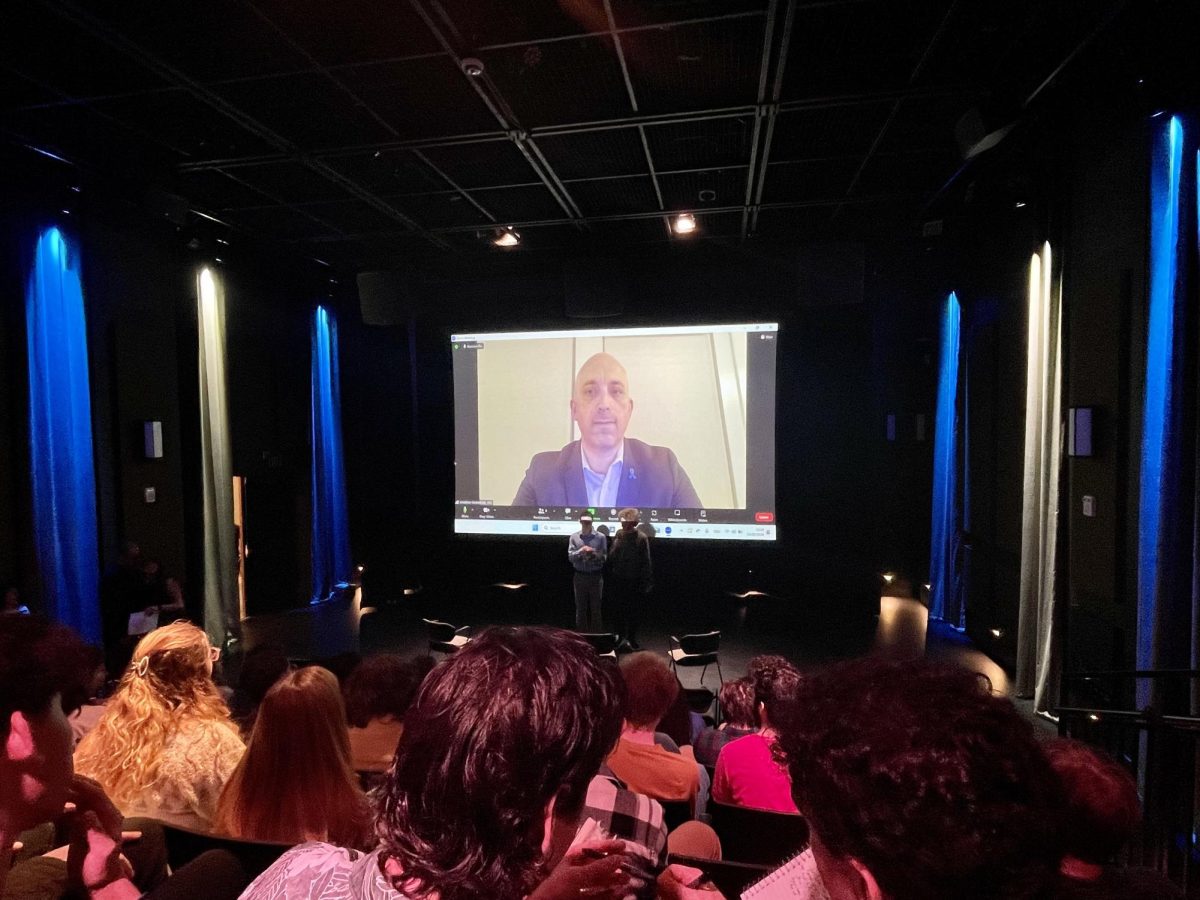

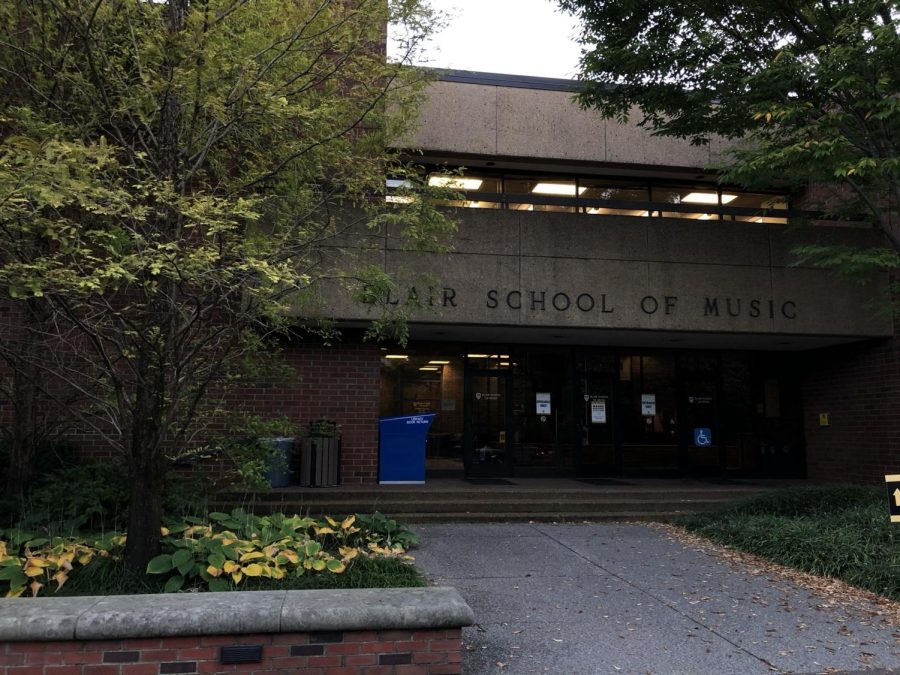
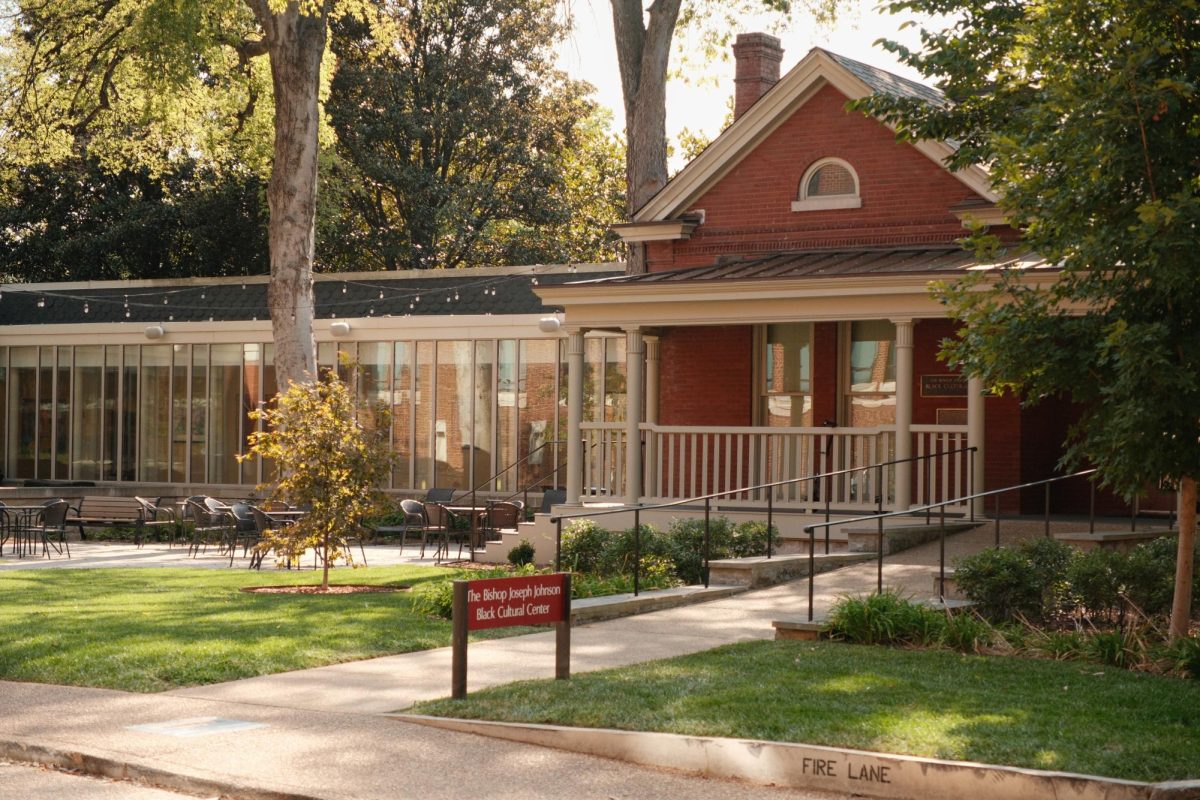

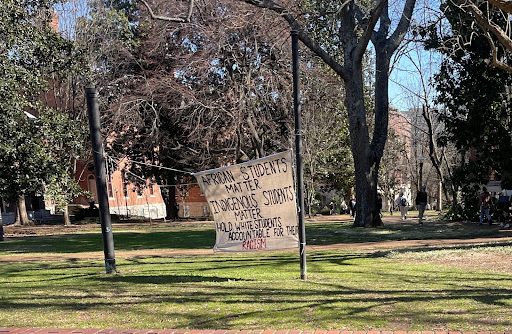
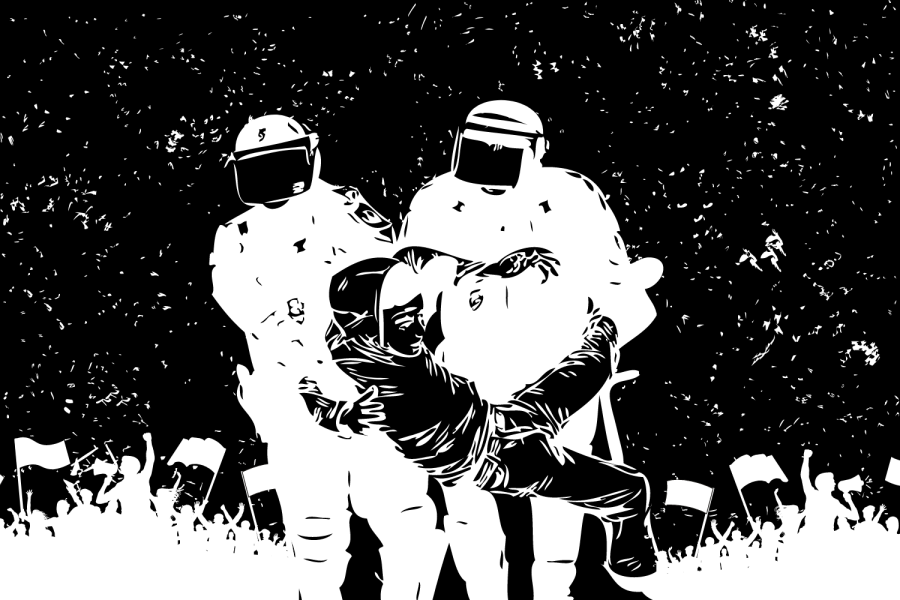
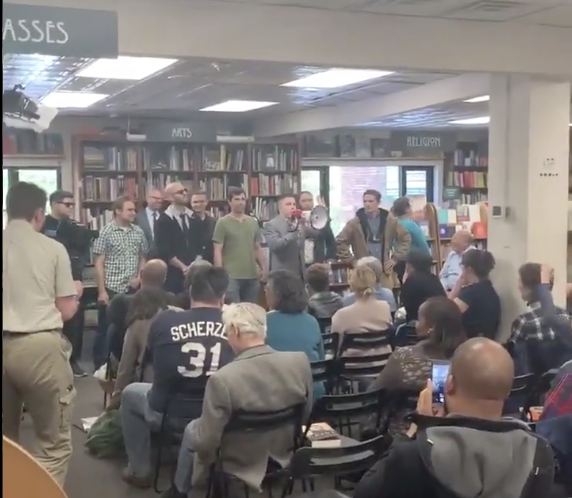

Seth • Sep 13, 2024 at 4:11 pm CDT
My nephew goes to Vanderbilt. I’m a former Army officer who served with the Marines (1st Mar Div/2nd Mar Div) in Iraq. The leader of “blood tribe” is a former Marines who should be ashamed of his actions. I know both former and active-duty Marines who would be appalled too.